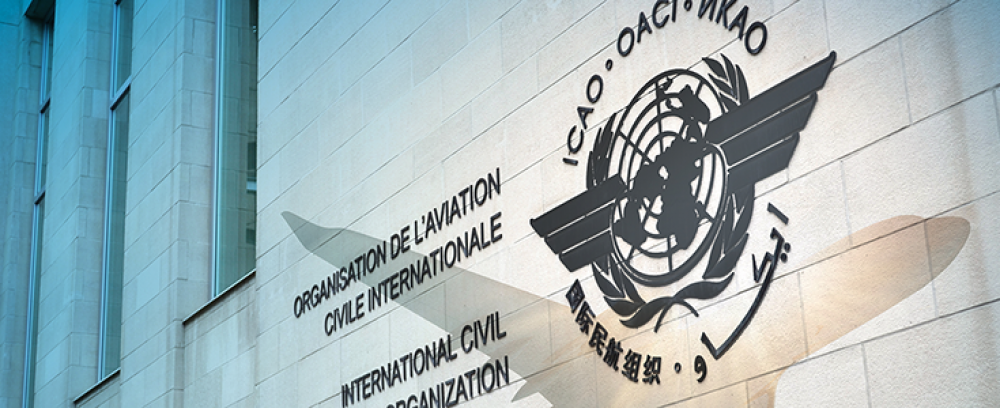Working together for sustainable tourism – Reflections from the International Symposium on Sustainable Tourism side event to the UN Climate Change Conference
The recent International Symposium on Sustainable Tourism held in Marrakech under the auspices of the UN Climate Change COP22 was an impressive demonstration of how the fight against global warming has the power to summon a diverse group of international institutions; including up to five different UN agencies, industry associations, private companies, NGOs and academia. It is difficult to think of any other subject than climate change that can have that capacity to gather so many diverse organisations around one single topic of discussion.
On one hand, this extraordinary and broad presence of stakeholders is an indication of the immense challenge that climate change poses, since greenhouse gas emissions are present in so many activities related to tourism. On the other hand, the broad range and number of environmental initiatives presented shows that a tourism sectoral approach can be an agent of change at various levels.
For example, the International Civil Aviation Organisation (ICAO) presented a number of initiatives, of which the Carbon Offsetting and Reduction Scheme for International Aviation (CORSIA) is particularly noteworthy. The CORSIA shows how this agreement, specific and tailored to the aviation industry, targets emissions reductions and at the same time accommodates the various interests and priorities of the many countries involved.
A common remark highlighted by several speakers at the event was the increasing awareness and involvement of travellers in the selection of and demand for sustainable tourism options. In order to facilitate involvement and commitment at various levels, Dr. Becken from Griffith University highlighted the urgent need to standardise carbon reporting in the industry and implement it broadly. This observation was echoed and praised by basically all the rest of the speakers. In this respect, much work needs to be done, since at the moment, as presented at the Symposium, less than 30% of the Tourism & Leisure companies who do report CSR initiatives through the Global Reporting Initiative quantify greenhouse gas emissions. Those that do report do not follow the same methods, and there is still lack of a consistent approach within the industry.
Much needs to be done both for measuring and managing carbon emissions so that actual reductions can be realized. It seems though that the industry has evolved in recent years from a rather passive approach in which individual compliance was the main concern, to a state of common understanding that global warming demands a joint approach in which individual action is as much required as collaboration with customers and industry stakeholders. It is recognized that all parties need to participate in common projects in which everyone contributes with unique areas of expertise and assets to jointly commit for a sustainable and low-carbon tourism industry; and this, in my opinion, is a very encouraging thought.
This article was written by Lucas Bobes, Environmental Manager, Amadeus.
